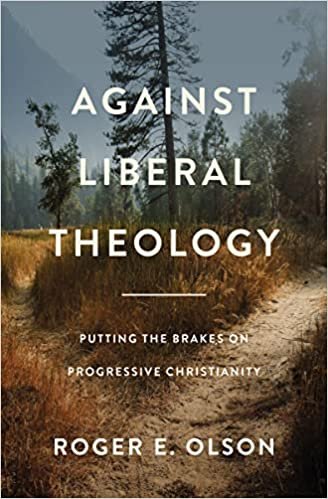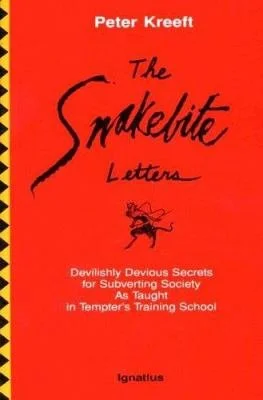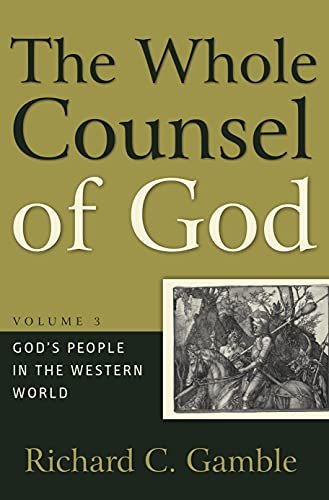Against Liberal Theology - A Review
The more I study modern theology, particularly modernist theologies, the more I am convinced that J. Gresham Machen was right. He wasn’t right about the letter he wrote during seminary to his mother protesting the integration of Princeton Seminary’s dorms. However, he was correct about his theological analysis of modern liberalism that it is a distinct religion from Christianity.
Machen’s point has often been disputed. The main objections are that he was a racist (especially currently) and that he was mean (because he was critical of bad theology). I have not yet encountered anyone saying that Machen’s conclusion was incorrect based on the merits of his argument. (This may exist, it’s not my wheelhouse and it may be that I just haven’t found it.)
However, Roger Olson of Baylor’s Truett Theological Seminary has recently penned a book that argues that Machen is right. In Against Liberal Theology: Putting the Brakes on Progressive Christianity, Olson makes the argument that based on its own descriptions, modernist theological liberalism is something different from Christianity.
Olson is a theologian that specializes in the historical evolution of Christian though. Two of his books, The Story of Christian Theology and The Journey of Modern Theology are very helpful surveys. Olson is a self-described “moderate.” He believes Scripture is mostly true and authoritative, and that it infallibly points toward true things. He generally judges theologians and their theology on their merits in comparison to orthodoxy, as it has been historically understood. Olson is exactly the sort of person to write a book like Against Liberal Theology because he holds mediating positions on the questions in play—everyone already knew that Machen thought liberal theology was bad; Olson was previously critical of full theological liberalism, but he draws some lines in this book that surprised me.
Olson’s main beef with liberal theology is, “It allows modern knowledge, whatever that is at the moment, to stand in authority over the Bible in the most important matters.” This methodological flaw leads to either overt rejection of or redefinition of basic doctrines that are essential to Christianity. Therefore, some modern liberals reject the deity of Christ or the truthfulness of the resurrection. Some of them redefine the terms to explain it away. Others will repeat the orthodox confessions without actually believing it because their Christianity is not a quest for truth, but participation in an experience that conforms to historical patterns of action. Olson rightly identifies that by rejecting or redefining the central doctrines of Christianity, modern liberal theologians have created another religion. It sounds like Christianity sometimes, but it is really something different.
After a brief introduction where he begins defining his terms and outlining his thesis, Olson begins with a chapter on the sources of authority for theological liberalism. Tellingly, the next chapter is on the relationship between liberal theology and the Bible. Then Olson moves through specific theological topics like theology proper, Christology, soteriology, and eschatology. He then closes the book addressing the reality that, even as the number of faithful Christians dwindles, participation in modernistic liberal faith practices is plummeting. He closes by encouraging those Christians who find socially progressive causes attractive to no lose the animating force of real Christianity as they pursue their vision of justice.
This is a helpful book in many respects. Olson is particularly careful as a scholar when dealing with those to the left of him. Thus, this is not a polemic against theological liberalism. He affirms much of what Machen identified much earlier on, but because he’s “not one of those dirty fundamentalists” his critique is much stronger. Olson relies on original sources and secondary sources that are sympathetic to theological liberalism. This adds strength to his argument. Although most liberal Christians would not identify their religious beliefs as anything but authentic Christianity, Olson shows how theologians at the heart of liberalism agree with the substance of the critique. It’s just that they think their departures from historic Christian doctrine are warranted.
On the edges of this book are Olson’s side quests. He tries to rehabilitate Clark Pinnock, who rejected orthodox theology in favor of open theism, as conservative. He also seems to be open to severing Christian ethics from Christian theology, particularly in his definition of “progressive Christianity.” These, however, are minor distractions from what is otherwise a very helpful book, especially for those among theologically conservative evangelicals who recognition of liberal Christianity (as it were) as a distinct religion are ignored because of supposed bias.














God of All Things thus deepens our experience of the world as we study and live. Its short chapters and engaging prose are suitable for a wide audience. The many connections with real, physical object lessons have deepened my appreciation of God’s efforts to ensure that the message of his greatness is available for all.